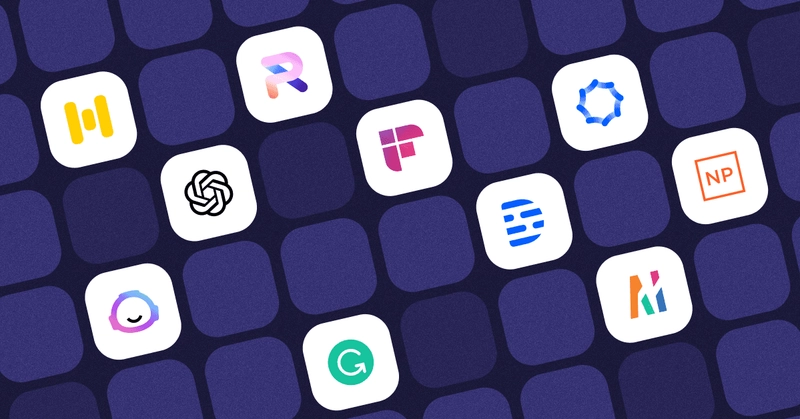Introduction
Artificial Intelligence (AI) has rapidly evolved over the past few years, becoming an integral part of various industries. From automating mundane tasks to enhancing creativity and decision-making, AI tools are reshaping how we work and interact with technology. This article delves into the diverse applications of AI tools, their benefits, challenges, and the future landscape they are creating.
Types of AI Tools
AI tools can be categorized based on their functions and applications:
- Natural Language Processing (NLP): Tools like ChatGPT, Google’s BERT, and IBM Watson enable machines to understand, interpret, and generate human language. These tools are widely used in customer service chatbots, content creation, and Ai Tools sentiment analysis.
- Machine Learning (ML): Platforms such as TensorFlow and Scikit-learn allow developers to create predictive models by training algorithms on data. These tools are pivotal in industries ranging from finance to healthcare, enabling risk assessment and personalized medicine.
- Computer Vision: Tools like OpenCV and TensorFlow’s Object Detection API empower machines to interpret and make decisions based on visual data. Applications include facial recognition, autonomous vehicles, and medical imaging analysis.
- Automation Tools: RPA (Robotic Process Automation) tools such as UiPath and Blue Prism streamline repetitive tasks across various business processes. These tools help organizations reduce operational costs and increase efficiency.
- Creative AI: Tools like DALL-E, Midjourney, and Runway are transforming creative fields by generating art, music, and video content. These platforms enable artists and creators to explore new frontiers in creativity.
Benefits of AI Tools
- Increased Efficiency: AI tools can process and analyze vast amounts of data much faster than humans, allowing for quicker decision-making and problem-solving.
- Cost Savings: By automating routine tasks, organizations can reduce labor costs and allocate resources more effectively.
- Enhanced Accuracy: AI tools minimize human error, leading to more precise outcomes in areas like data analysis, diagnostics, and financial forecasting.
- Personalization: AI enables businesses to offer tailored experiences to customers, improving satisfaction and loyalty through personalized recommendations and services.
- Innovation: The creative capabilities of AI tools inspire new forms of art, design, and problem-solving, pushing the boundaries of what is possible.
Challenges and Considerations
Despite their advantages, AI tools also pose challenges:
- Data Privacy: The use of AI often requires vast amounts of data, raising concerns about privacy and security. Organizations must navigate regulatory frameworks and ethical considerations.
- Bias in AI: AI systems can inherit biases present in training data, leading to unfair or discriminatory outcomes. Continuous monitoring and updates are necessary to mitigate these issues.
- Job Displacement: Automation can lead to job loss in certain sectors, creating a need for workforce retraining and reskilling.
- Complexity and Integration: Implementing AI tools can be complex, requiring technical expertise and seamless integration with existing systems.
The Future of AI Tools
As AI technology continues to advance, we can expect several trends:
- Greater Accessibility: User-friendly AI tools will make advanced capabilities available to non-experts, democratizing access to technology.
- Collaborative AI: The future will see more hybrid models where humans and AI work together, enhancing productivity and creativity.
- Ethical AI: There will be a stronger focus on developing ethical frameworks and standards to ensure responsible AI use.
- Continued Innovation: As research progresses, new AI applications will emerge, transforming industries such as education, healthcare, and entertainment.
Conclusion
AI tools are revolutionizing the way we work, create, and interact with technology. While they offer numerous benefits, it’s crucial to address the associated challenges to harness their full potential responsibly. As we look to the future, embracing AI tools will likely shape a more efficient, innovative, and personalized world. The journey is just beginning, and staying informed and adaptable will be key to thriving in this evolving landscape.
